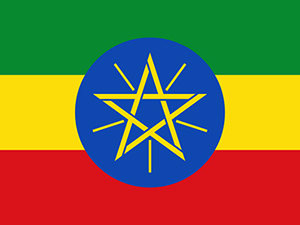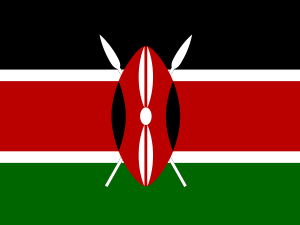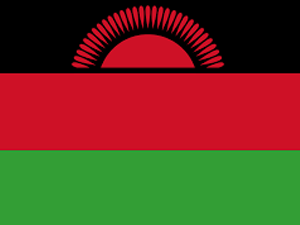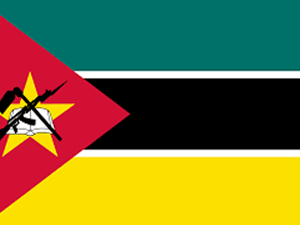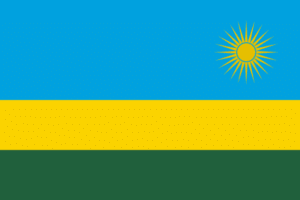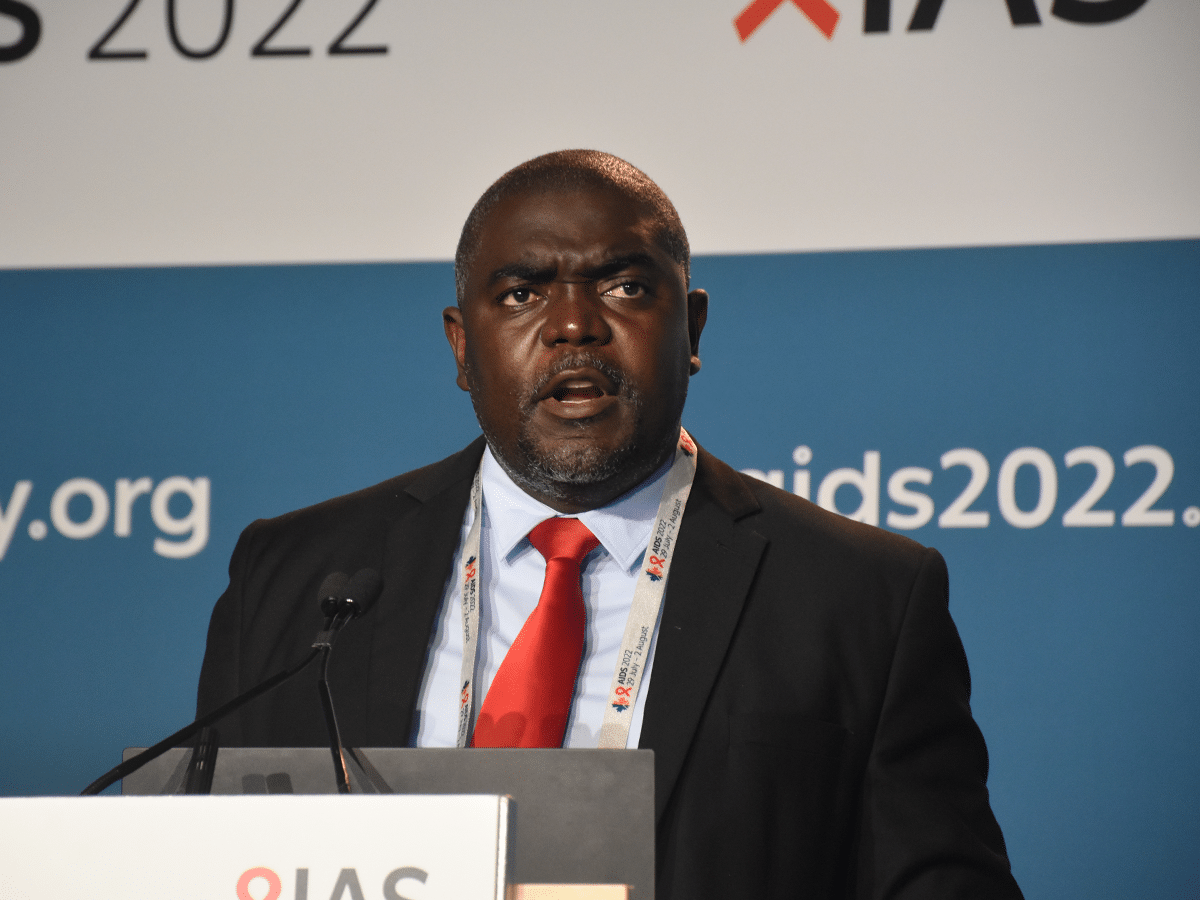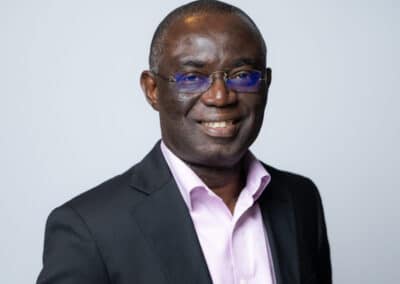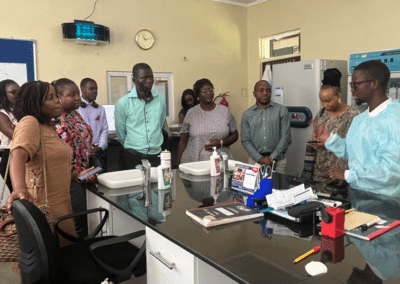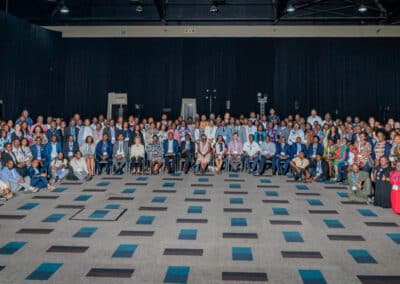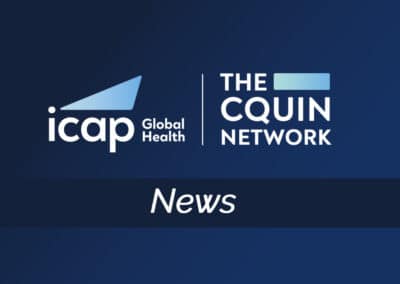The 24th International AIDS Conference (AIDS 2022) was a chance for ICAP’s CQUIN team and other stakeholders to present data, research, and case studies on the impact of differentiated service delivery (DSD) on country health programs and policies. Three CQUIN-supported DSD coordinators participated in abstract sessions at the conference, held from July 29 to August 2, 2022, in Montreal, Canada.
Musa Manganye, MPH, DrPH, DSD coordinator at South Africa’s National Department of Health, was one of the presenters at an oral abstract session where he gave a presentation on Differentiated Service Delivery for People with HIV and Non-communicable Diseases: South African Policy Enabler for Integration.
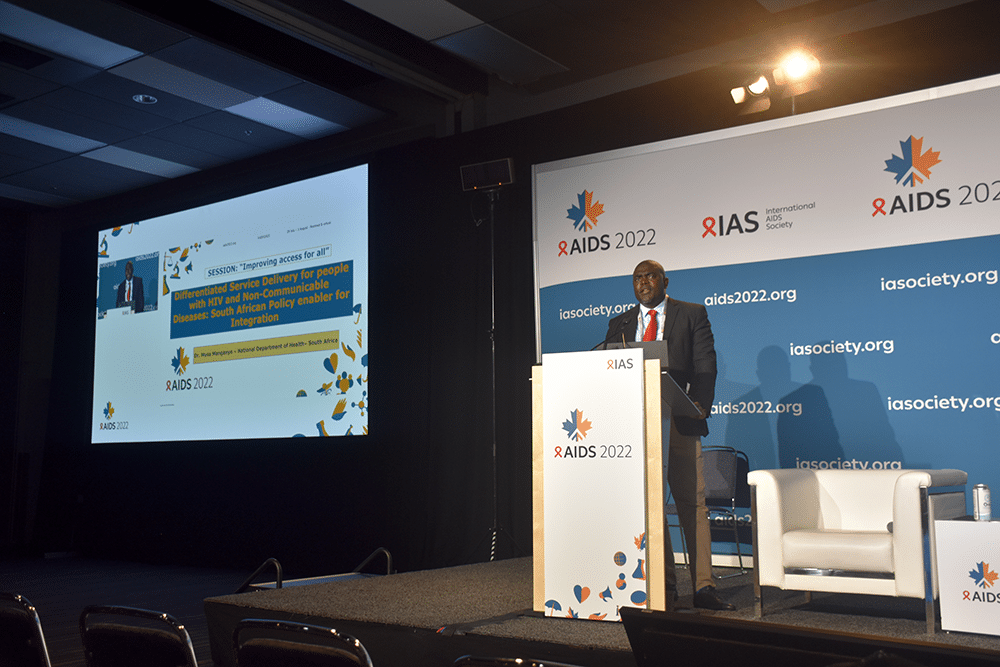
“Non-communicable diseases (NCDs) are increasingly becoming a threat to the health of people living with HIV, and the integration of care and treatment packages for both diseases cannot be overemphasized,” said Dr. Manganye. In his presentation, Dr. Manganye highlighted how South Africa launched an NCD strategic plan using a DSD framework to structure the country’s adherence guidelines for HIV, TB, and NCDs to strengthen patient-centered linkage, adherence, and retention throughout the treatment cascade. In addition, Dr. Manganye gave examples of how South Africa has established DSD models for facilities and communities for people on ART living with hypertension or diabetes. “HIV-NCD integration should start from diagnosis. Therefore, differentiated HIV testing is important because it is the gateway where we can link people to prevention services for not just HIV, but for NCDs as well,” he said.
Brian Kwizera, MBBS, MPH, technical advisor for DSD with the Rwanda Biomedical Center’s HIV/AIDS, STIs, and Viral Hepatitis Division, presented an abstract reviewing the differences in viral load suppression and retention between people on 6MMD versus 3MMD in Rwanda. The results showed no significant differences in suppression and retention rates. “We recommend that countries consider offering 6MMD to clients doing well on ART,” said Dr. Kwizera. “This will give clinicians more bandwidth and time with the client to assess their psychosocial and other health needs,” he added. Dr. Kwizera will now be exploring how recipients of care who are established on treatment can continue to do well on ART through thorough health checks and support from clinicians.
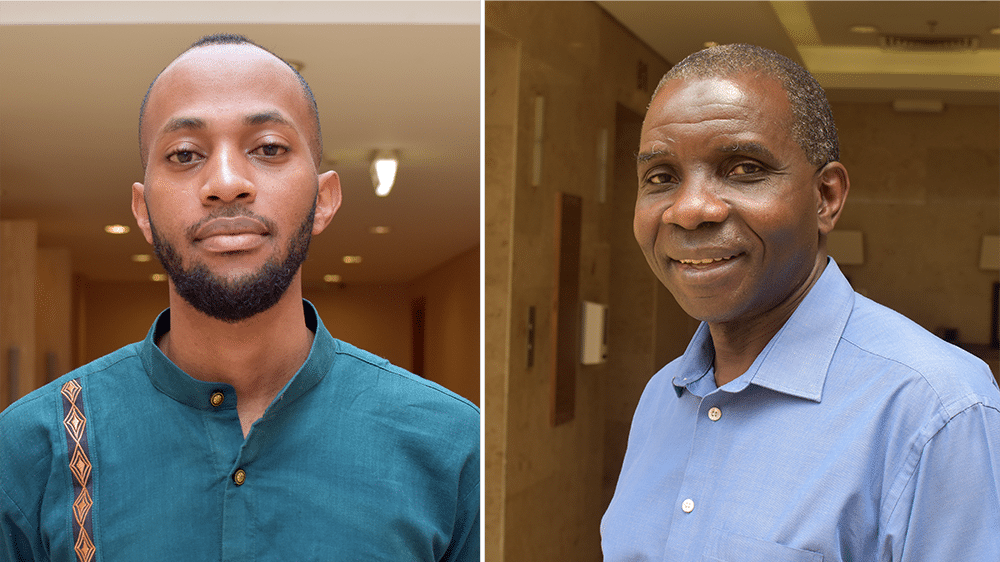
Brian Kwizera (Left) and Nicholas Kisyeri (Right)
Nicholas Kisyeri, MBBS, MSc, DSD coordinator with the Eswatini National AIDS Program, presented a poster assessing DSD adaptation, scale-up, and monitoring in the country. “Eswatini has markedly scaled up DSD coverage and diversity, ensuring that HIV treatment is responsive to the needs of different groups and sub-populations,” said Dr. Kisyeri. “While DSD shows promise among clients, we need to ensure the sustainability of such services by continuing to explore how to improve the quality of services among recipients of care.”
Moving forward, Dr. Kisyeri plans to use Eswatini’s ongoing investment in a Client Management Information System to explore routine program data for in-depth monitoring of uptake and outcomes in a differentiated testing model.







